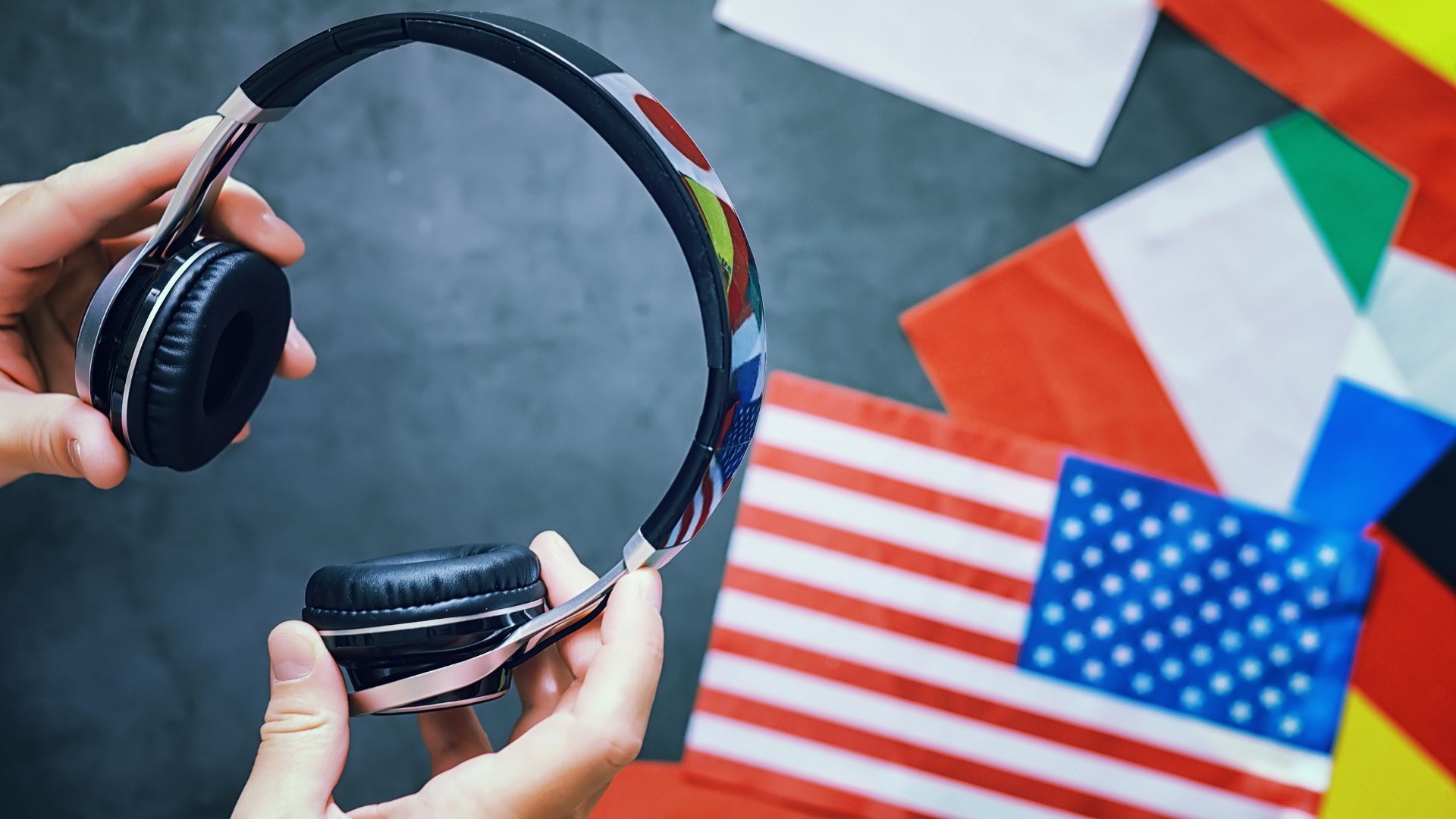In international litigation, every word counts. The translation of pleadings - those written documents in which you present your arguments to a judge - cannot be approximate. One mistake, one nuance badly transcribed, and your legal strategy can be weakened. So how can you guarantee the quality of your submissions in a cross-border context? Here's what you need to know.
Why translating conclusions is an exercise in itself
Pleadings are structured procedural documents, written in precise legal language. They set out your position, develop your arguments and respond to the claims of the opposing party. They play a decisive role in the conduct of your case, whether it involves commercial, tax or civil litigation.
In an international case, you may have to produce these conclusions in another language:
- for a hearing before a foreign court,
- to comply with the rules of international arbitration,
- or to respond to a tax authority in a cross-border dispute.
The translation must therefore be faithful to the legal content, but also respect the procedural forms expected by the jurisdiction concerned. It's not just a literal translation: you need to understand what's at stake, the architecture of the legal reasoning, and the subtleties of the applicable law.
Specific requirements for translating conclusions
Translating conclusions means :
- Mastery of the legal systems of both languages. Some concepts have no direct equivalent in either legal system.
- Respect for terminology specific to the field of litigation (company law, taxation, labor law, etc.).
- Particular attention to argumentative structure: titles, arguments and requests must be clear and intelligible in the target language.
- Sometimes, a certified translation is required, especially when the document has to be produced before certain courts or authorities.
A general translator doesn't have both legal and linguistic skills. The slightest approximation can damage the readability of your argument.
Example: translating submissions in arbitration proceedings
Let's take the example of an arbitration between a French and an American company. The French company has to submit its conclusions in English, for the arbitrators as well as for the opposing party's counsel.
In this context, the translation must :
- Faithfully render French legal qualifications, while explaining them where concepts do not exist in Anglo-Saxon law.
- Reproduce the logic of the reasoning so that the argument remains coherent.
- Use terms established in international arbitration practice (e.g. "statement of claim", "counterclaim", "relief sought").
An imprecise translation could lead to misunderstandings, weaken the position of the French company, or even call into question the admissibility of certain requests.
Why call on the services of a legal translator?
Because it's not just about translating words, it's about translating law. Translators specialized in litigation understand the rules of the procedural game. They know how to adapt your message without distorting it. They often work in tandem with native speakers of the target language, to ensure that terminology and wording are correct.
It's this expertise that we mobilize at Legal 230, with translators trained in the law, capable of handling your litigation documents in many languages, with the rigor your business demands.
You need to translate conclusions? Please contact us.
Whether you're preparing a hearing before a foreign court, an arbitration procedure or a response to an international tax authority, be sure of the quality of your translations.
Contact Legal 230 to benefit from the expertise of legal translators specialized in litigation. We work with you to guarantee the reliability of your documents, wherever your legal strategy takes you.

